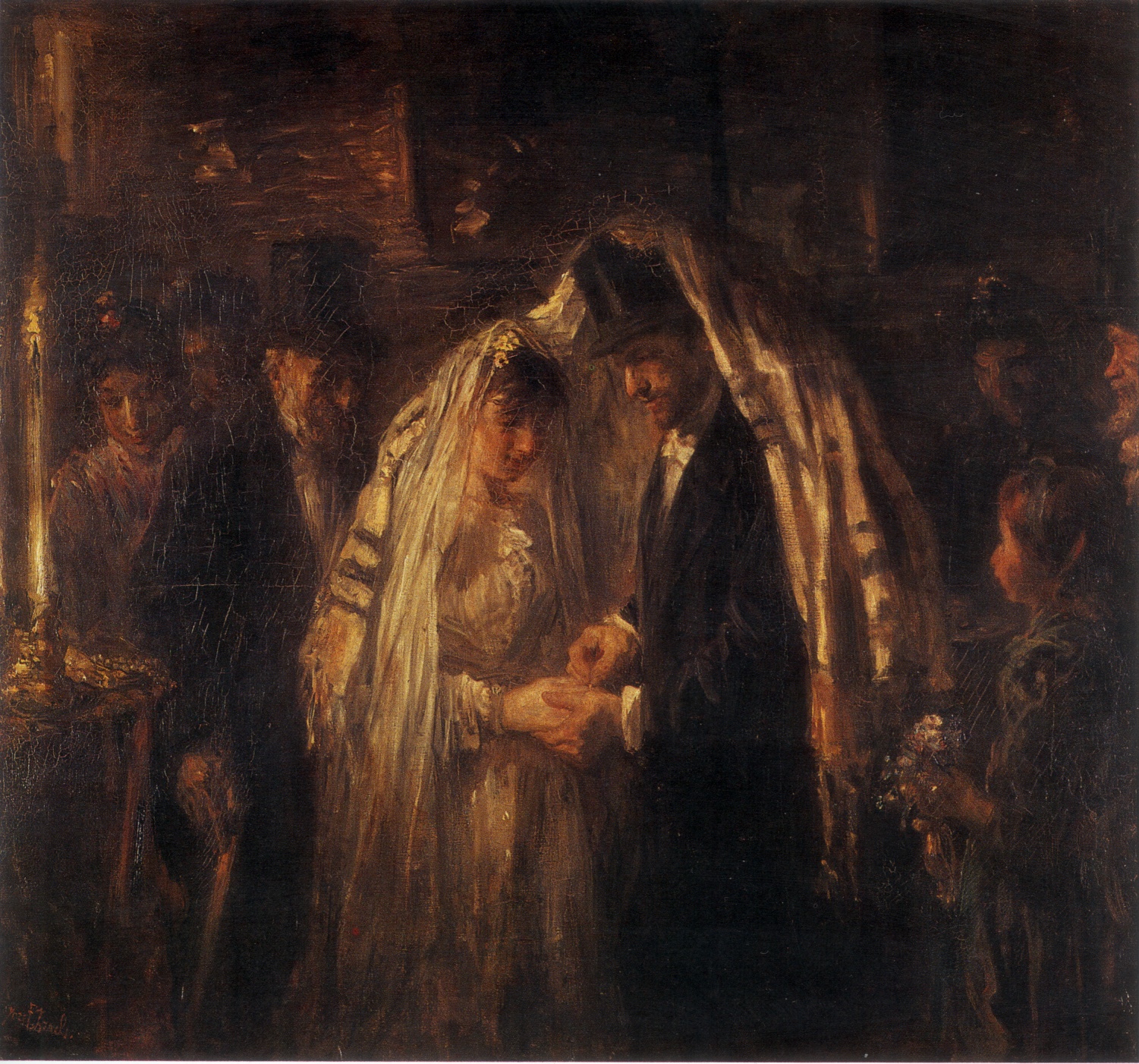The Holy Spirit will come upon you, and the power
of the Most High will overshadow you; therefore the child to be born will be called holy, the Son of God.
Living in the modern, woodsy, and temperate South Carolina Upstate, the kids in Wednesday Night Sunday School don't grasp the Biblical concept of overshadowing right away. To them, overshadowing sounds dark and threatening, like a thundercloud. In prior years, I'd explain that people living in a hot, arid land would regard being overshadowed as a
good thing, as in "made in the shade." I might use this example from my Yucatan honeymoon: at Chichen Itza, the sun was so brutal that I hid under a tree at every opportunity. I moved from shade-to-shade as much as possible.
But this year I got a volunteer to come stand in front of me. He acted out my description of being uncovered in the desert, and the sun burning him to a crisp: "Your lips are blistered and cracked, your head feels like it's on fire, you can barely open your eyes, you're cooking to death...what do you need?
Water! No, you have water. Class, will water keep him alive 'til sundown?
No! What does he need?
Shade! Yes! He needs...(I reach into my canvas bag)...
an umbrella! Yes!" I open it over the wilting child. "How's that?
Good! Well don't just stand there, show us...there ya go, so cool, so nice...think you'll live now?
Yes! Y'all tell me what people want at the beach.
A beach umbrella! Yes. When it's hot and sunny, being
overshadowed is
gooood- got it?
Yes! OK. Now volunteer, would you like to shade yourself with my umbrella?
Yes! Well, you can't have it, it's mine. I can decide to overshadow you or not; and you can decide if you're going to stay in my shade or not. So if I start to move...
I move too! Yes. But I don't force you, because you have
...free will! Yes- we both
agree that you'll be protected by my umbrella."
This year I thought of the umbrella only in time for the Annunciation. Next year I'll use it as soon as we cover Exodus, and discuss the Shekhinah overshadowing the Meeting Tent.
Speaking of Exodus, the Hebrew Old Testament does not have a directly-equivalent word for
episkiazo, ἐπισκιάζω the Greek verb we translate as
overshadow. Hebrew instead has a few basic verbs such as
sakak and
kasah, which fundamentally mean "to cover."
Context often suggests specific meanings such as block, screen, protect, defend, enclose, and overshadow.
Centuries after Exodus was written down, the Hellenic Jewish scholars of Alexandria translated the Hebrew scriptures into Greek: the Septuagint. When they translated verbs such as
sakak סָכַךְ and
kasah כָּסָה into the word-rich Greek language, they didn't say "to cover" every time. So to understand the Biblical idea of overshadowing involves looking at how the
concept of covering is used in a
spiritual sense in the Old Testament, regardless of the particular verb used in each case. What follows is a representative, but hardly exhaustive list of examples.
Ex 24:15: Then Moses went up on the mountain, and the cloud
covered the mountain. The glory of the LORD settled on Mount Sinai,
and the cloud covered it six days; and on the seventh day he called to
Moses out of the midst of the cloud.
Num 16:42 And when the congregation had assembled against
Moses and against Aaron, they turned toward the tent of meeting; and
behold, the cloud covered it, and the glory of the LORD appeared.
Ex 40:3 And you shall put in it the ark of the testimony, and you shall screen the ark with the veil.
Ex 25:20 The cherubim shall spread out their wings above,
overshadowing the mercy seat with their wings, their faces one to
another; toward the mercy seat shall the faces of the cherubim be.
That is, the LORD's cloud covers the Meeting Tent; the Meeting Tent covers the Sanctuary; the veil screens off the Holy of Holies; the cherubim overshadow the Mercy Seat. Four degrees of covering which define increasingly-exclusive access. Ultimately only one person, the High Priest, is allowed access to the Mercy Seat.
Some charming and affectionate expressions of being protected by the LORD's overshadowing wings:
Ps 17:8 Keep me as the apple of the eye;
hide me in the shadow of thy wings
Ps 36:7 The children of men take refuge in the shadow of thy wings.
Ps 91:4 ...he will cover you with his feathers,
and under his wings you will find refuge.
The tree overshadows the mother; the mother overshadows her children
A few more coverings:
1Kings 19:19 So [Elijah] departed from there, and found Elisha the son
of Shaphat, who was plowing, with twelve yoke of oxen before him, and
he was with the twelfth. Elijah passed by him and
cast his mantle upon
him. (Elijah selects Elisha to be his protege and successor.)
Nahum 2:5 The officers are summoned, they stumble as they go, they hasten to the wall, the
mantlet (cover) is set up. (A
mantlet,
literally a small mantle or cloak, is a military term for a protective
screen or shield. For example, a tank typically has an armored mantlet,
which covers the opening through which its gun protrudes.)
Ruth 3:9 I am Ruth, your maidservant;
spread your wing (i.e., cloak) over your maidservant, for you are next of kin. (Ruth wants Boaz to marry her.)
Those should be enough examples to give you a spiritual sense of covering: selection, separation, protection, dedication. The umbrella does a good job of physically showing kids these characteristics, especially separation. That is, let's say that as a husband I will put one woman, my wife, under my umbrella. She does not get rained on; and I shelter no-one else. My overshadowing is not
inclusive, it's
exclusive. And if I collapse the umbrella, she'll get wet. There's no spiritual dimension to it- but suppose there were?
Let's focus a bit on the matrimonial aspects of covering. We'll start with Elijah cloaking Elisha. True, they aren't getting married, but this is going to be a covenantal relationship regardless. Elijah physically and symbolically shows that he has selected Elisha; he will protect Elisha; Elisha is separated from his family; Elisha is dedicated to a new purpose. Why is this so? Because by covering Elisha with his mantle, and Elisha 'accepting the mantle,' Elijah echoes aspects of the Jewish marriage rite.
Y'all are probably familiar with the Jewish prayer shawl, the
tallit:
You can see how this man covers himself
, using his tallit to create his own private, separate, exclusive Meeting Tent. Suppose he were to admit someone else under his tent, could that matter? Indeed it could.
Here's a Jewish man admitting someone else into his tent, spreading his wings over her:
Of course they are getting married.
The husband shows that his wife is, that's right, selected, separated, protected, and dedicated by covering her with his tallit. And she shows her acceptance by freely choosing to abide under his wing. By the way, the tallit may also be used to cover the wedding couple, as a tent once covered Abraham and Sarah. The tent covers the couple, the husband covers the wife; once again, a hierarchy of access:
Yes, those are hockey sticks supporting the chuppah, the canopy.
Boaz understood that Ruth wanted him to marry her; and while spreading his wing over Ruth on a threshing floor would not make a marriage, it would most definitely indicate a commitment to wed. Did Boaz spread his wing over Ruth? Go find out on your own.
And likewise anyone who saw Elijah cover Elisha understood it was no ephemeral gesture.
Here's one more covering verse for you:
Acts 5:15 [T]hey brought forth the sick into the streets, and laid
them on beds and couches, that at the least the shadow of Peter passing
by might overshadow some of them.
We understand from context that Peter's shadow would heal those upon whom it fell. But after Peter had passed, and the afflicted were no longer overshadowed, would they become blind, lame, leprosy-ravaged again? Of course not: the consequences of Peter's overshadowing were permanent.
Suppose the Meeting Tent veils were pulled back; or the Shekhinah, the Glory Cloud, had shifted overhead; or the Tent wasn't pitched yet; or the cherubim weren't poised over the Ark; would any of that have allowed access to the Mercy Seat by anyone less than the High Priest? Of course not: access to the Ark was permanently exclusive, and the Ark itself was permanently reserved for God's Stuff, as we say in Catechism class.
And when Elijah put his mantle back on his own shoulders- was Elisha free to go back to his family and farm, get married, have kids? Again, of course not. The consequence of being covered by Elijah's mantle was permanent.
How about at a wedding? The husband must eventually put away his tallit, remove it from his wife's shoulders. Is his wife still selected, protected, separated, dedicated? Yes. Her status is permanent.
And the
chuppah, the canopy- does God cease to cover the marriage when the tent comes down? Of course not.
Now back to the opening verse
from Luke 1: "The Holy Spirit will come upon you, and the power
of the Most High will overshadow you; therefore the child to be born will be called holy, the Son of God." That is, Mary was selected, protected, separated, and dedicated by God Himself, and Mary agreed to it. After the child was born, was Mary's overshadowed status canceled? Was Mary free to enjoy a life of marital intimacy with Joseph, having more
children? The New Ark, once containing not merely God's Stuff, but God Himself, now suitable for holding...regular stuff?
Of course not: as a consequence of being overshadowed by God, Mary's virginal status was permanent. More permanent than even a marriage vow, or the healings worked through Peter's passing shadow:
ever-virgin.
My umbrella eventually has to close; God's doesn't.
Credit to the San Miguel News for the chuppah; and Henry Owassa Tanner for his Annunciation.




























